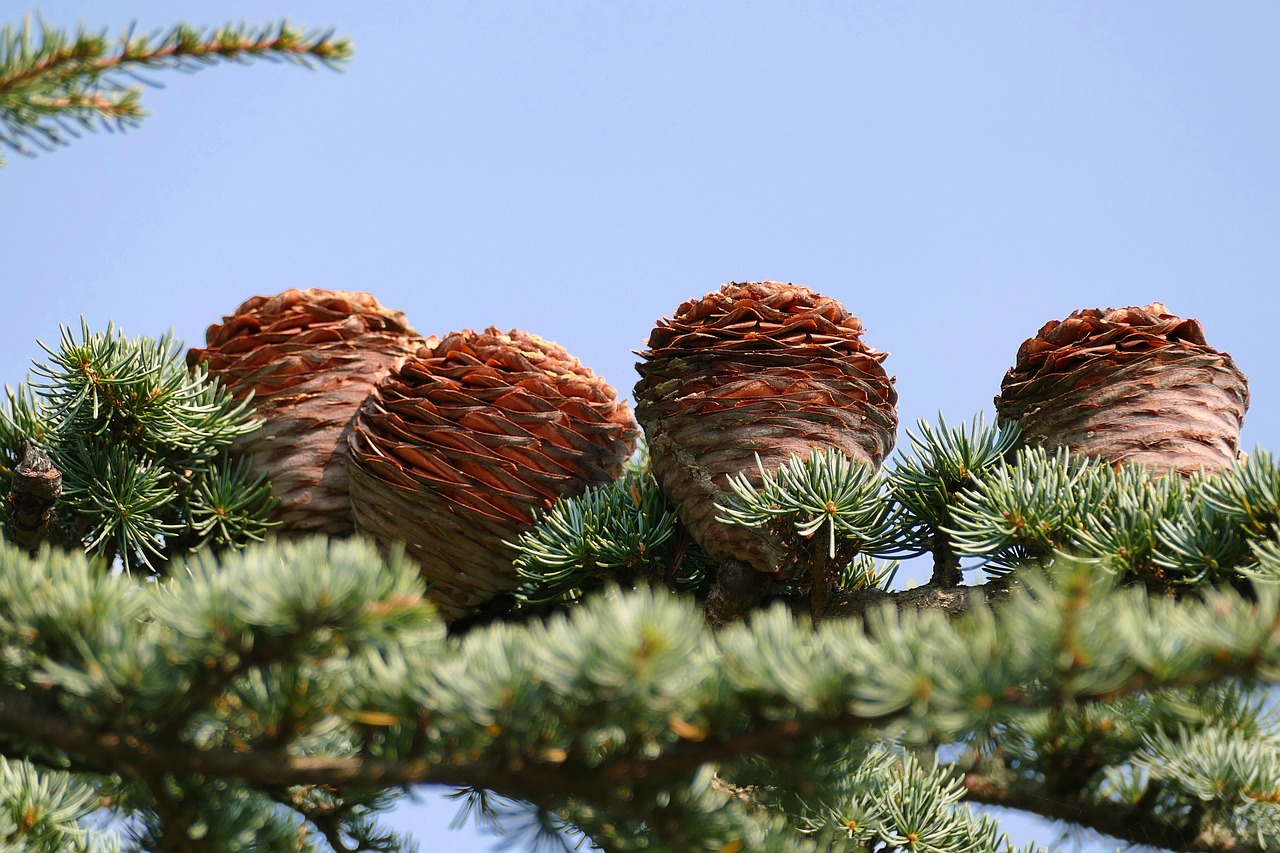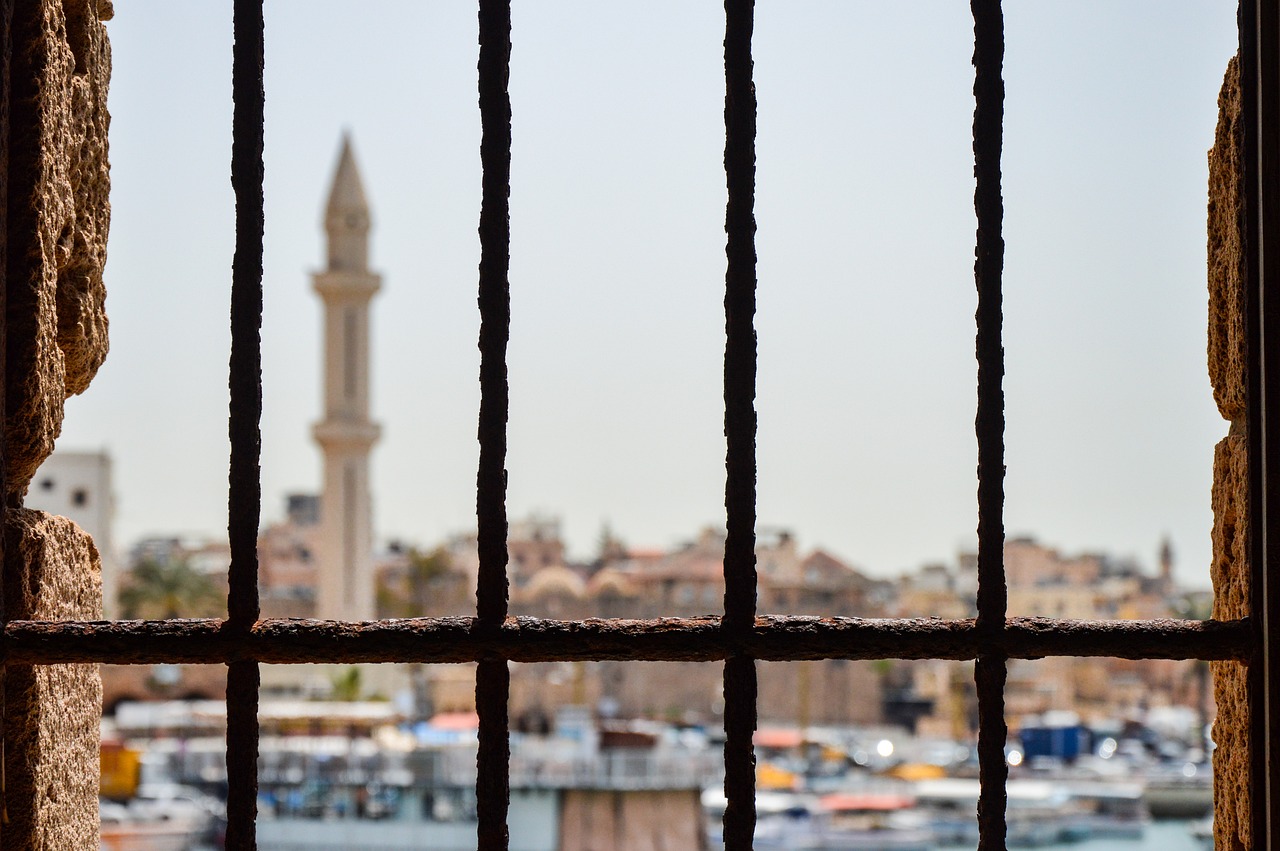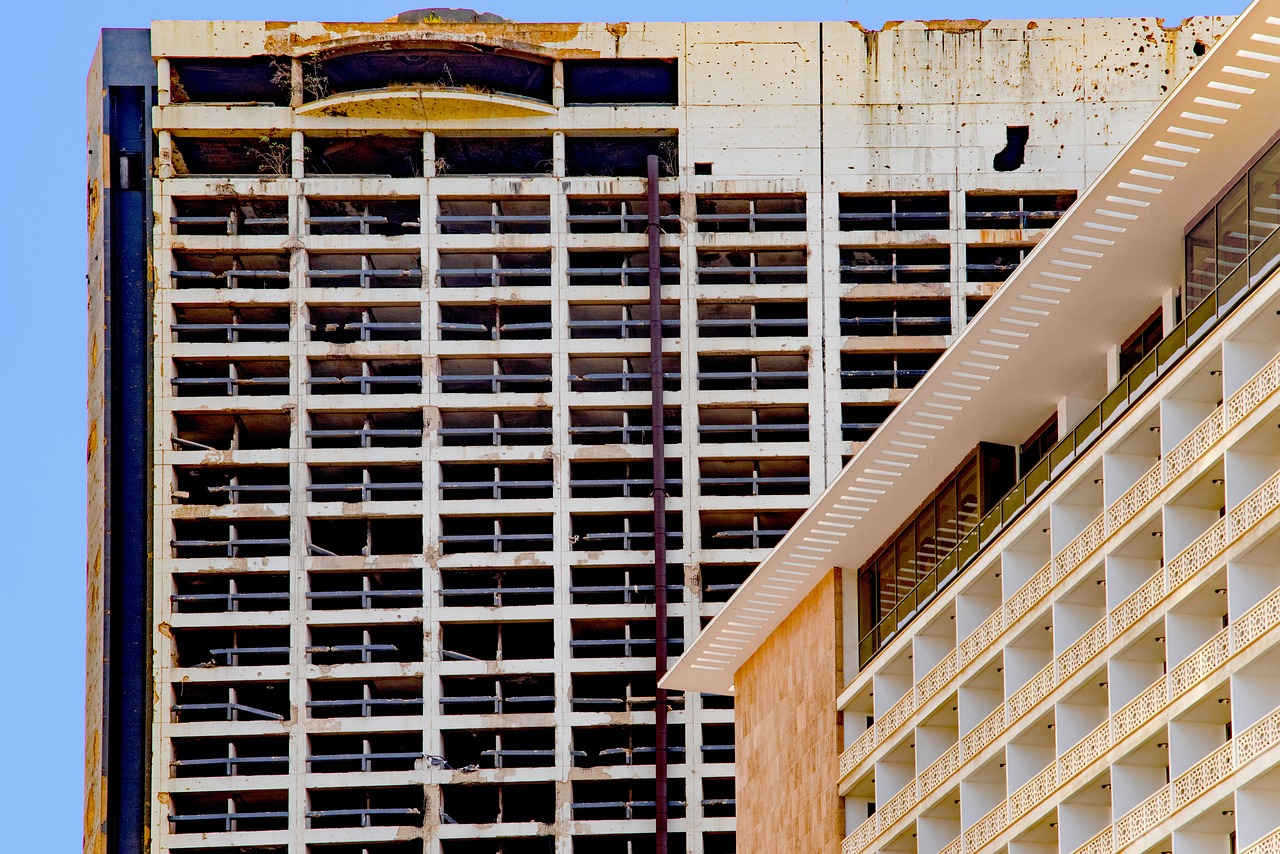Avoiding Tourist Traps in Lebanon
Lebanon is a beautiful country in the Middle East that offers a rich cultural heritage, stunning landscapes, and delicious cuisine. However, like any popular tourist destination, it also has its fair share of tourist traps. These are places or activities that are often overpriced, overcrowded, or simply not worth the hype. To help you make the most of your visit to Lebanon, here are some insider tips on how to avoid these tourist traps and have an authentic experience.
1. Explore Beyond Beirut
While Beirut is the capital and a vibrant city, don’t limit your visit to just this area. Lebanon has so much more to offer beyond the city limits. Explore the picturesque towns of Byblos, Tripoli, and Sidon, each with its own unique charm and historical sites. Head to the stunning Qadisha Valley or the beautiful Chouf Mountains for a nature escape. By venturing outside of Beirut, you’ll get a more authentic and less touristy experience.
- Byblos: Visit the ancient ruins of Byblos, one of the oldest continuously inhabited cities in the world.
- Tripoli: Explore the bustling souks and visit the historic landmarks, such as the Citadel of Raymond de Saint-Gilles.
- Sidon: Discover the ancient Phoenician ruins, including the Temple of Eshmoun and the Sea Castle.
- Qadisha Valley: Take a hike through the breathtaking Qadisha Valley, a UNESCO World Heritage site known for its monasteries and stunning landscapes.
- Chouf Mountains: Visit the picturesque village of Deir el Qamar and explore the stunning Beiteddine Palace.
2. Eat Like a Local
Lebanese cuisine is renowned worldwide for its delicious flavors and variety. To avoid touristy and overpriced restaurants, opt for local eateries and street food stalls. These places not only offer authentic dishes but are also more budget-friendly. Don’t miss out on trying Lebanese classics like falafel, shawarma, tabbouleh, and hummus. Ask locals for recommendations or look for places frequented by locals to ensure an authentic culinary experience.
- Falafel: Enjoy crispy and flavorful falafel, made from ground chickpeas or fava beans, served in a pita bread with tahini sauce.
- Shawarma: Indulge in juicy and tender shawarma, thinly sliced marinated meat, usually served in a wrap with garlic sauce and pickles.
- Tabbouleh: Try the refreshing and healthy tabbouleh salad, made with parsley, bulgur wheat, tomatoes, and lemon juice.
- Hummus: Savor the creamy and smooth hummus, a dip made from mashed chickpeas, tahini, lemon juice, and garlic.
3. Visit Off-Peak
Timing your visit to Lebanon can greatly affect your experience. To avoid crowds and high prices, consider visiting during the off-peak seasons. The summer months of June to August are the busiest, with many tourists flocking to the beaches and popular attractions. Spring (April to May) and autumn (September to November) offer milder weather and fewer tourists. Winter (December to February) is ideal for skiing in the mountains. By planning your trip during these periods, you can enjoy a more relaxed and authentic experience.
- Off-Peak Season: Plan your visit to Lebanon during spring or autumn to avoid the crowds and enjoy pleasant weather.
- Winter Skiing: If you’re a fan of winter sports, visit Lebanon during the winter season and hit the slopes in the country’s ski resorts.
4. Bargain at Souks
Lebanon is famous for its vibrant and bustling souks (markets). While shopping at these markets can be a unique and exciting experience, be prepared to bargain for the best prices. Negotiating is a common practice in Lebanese markets, and vendors often expect it. Start by offering a lower price than the one initially quoted and be prepared to walk away if the vendor doesn’t agree. Remember, bargaining is part of the culture, so embrace it and enjoy the process of finding great deals.
- Beirut Souks: Explore the Beirut Souks, a modern shopping district with a mix of local and international brands.
- Tripoli Souks: Visit the historic souks of Tripoli, known for their traditional crafts, textiles, and spices.
- Sidon Souks: Wander through the souks of Sidon, where you can find fresh produce, spices, and handmade crafts.
5. Research Entrance Fees
Before visiting popular tourist attractions, research and compare entrance fees. Some attractions may have higher prices for foreigners or additional charges for specific exhibits or activities. By knowing the entrance fees in advance, you can plan your budget accordingly and avoid any surprises. Additionally, check if there are any discounted tickets available for students, seniors, or groups. Taking the time to research and compare prices can help you make the most of your visit without overspending.
- Jeita Grotto: Explore the stunning Jeita Grotto, a network of caves with impressive stalactites and stalagmites (entrance fee: LBP 18,000).
- Baalbek Ruins: Visit the magnificent Baalbek Ruins, one of the most well-preserved Roman sites in the world (entrance fee: LBP 15,000).
- Byblos Citadel: Discover the ancient ruins of the Byblos Citadel, offering panoramic views of the Mediterranean Sea (entrance fee: LBP 6,000).
6. Seek Local Recommendations
One of the best ways to avoid tourist traps is to seek recommendations from locals. Whether it’s for restaurants, hidden gems, or off-the-beaten-path attractions, locals can provide valuable insights and help you discover the authentic side of Lebanon. Strike up conversations with locals, ask for their favorite spots, or join guided tours led by knowledgeable locals. By tapping into their expertise, you’ll uncover hidden treasures and have a more enriching experience.
- Local Guides: Consider hiring local guides who can provide in-depth knowledge and take you to lesser-known places.
- Ask Locals: Don’t be shy to strike up conversations with locals and ask for their recommendations.
- Online Forums: Join online travel forums or social media groups where you can connect with locals and fellow travelers.
Lebanon Image 1:

7. Use Reliable Transportation
Getting around Lebanon can be challenging, especially if you’re unfamiliar with the local transportation system. To avoid tourist traps like overpriced taxis or unreliable services, opt for well-established and reputable transportation options. Consider using trusted taxi services or rideshare apps like Uber or Careem. Public transportation, such as buses or shared taxis (known as service), can also be a cost-effective way to travel between cities. Research the different options available and choose the one that suits your needs and budget.
- Uber: Use the Uber app to easily book reliable and safe rides in Lebanon.
- Careem: Consider using Careem, a popular rideshare app in the Middle East, for convenient transportation.
- Local Buses: Explore Lebanon’s cities and towns by using the local bus network, which is often affordable and reliable.
- Shared Taxis (Service): Experience local transportation by hopping on shared taxis, known as service, which operate on set routes.
8. Discover Hidden Beaches
Lebanon is blessed with stunning beaches along its Mediterranean coastline. While popular beach resorts can be crowded and commercialized, there are hidden gems waiting to be discovered. Seek out lesser-known beaches that offer tranquility and natural beauty. These beaches may not have the same facilities or amenities as the more touristy ones, but they provide a more authentic seaside experience. Pack a picnic, bring your beach essentials, and enjoy a relaxing day at one of Lebanon’s hidden beaches.
- Tyre Beach: Visit Tyre Beach, located in the southern part of Lebanon, known for its crystal-clear waters and ancient ruins nearby.
- Anfeh Beach: Explore Anfeh Beach, a charming coastal village with picturesque beaches and traditional fishing boats.
- Batroun Beach: Relax at Batroun Beach, a laid-back destination with rocky coves and a vibrant beach town atmosphere.
Lebanon Image 2:

9. Stay in Local Guesthouses
Instead of opting for generic hotels or resorts, consider staying in local guesthouses or boutique accommodations. These provide a more authentic experience and allow you to support local businesses. Guesthouses are often family-run and offer personalized service, giving you a glimpse into Lebanese hospitality and culture. You’ll also have the opportunity to interact with fellow travelers and exchange valuable tips and recommendations. Look for guesthouses in traditional Lebanese houses or in scenic locations for an unforgettable stay.
- Beit Douma: Experience traditional Lebanese hospitality at Beit Douma, a charming guesthouse nestled in the mountains.
- Bouyouti: Stay at Bouyouti, a collection of unique cottages in the Chouf Mountains, surrounded by nature and tranquility.
- Al Haush: Discover Al Haush, a traditional guesthouse located in the picturesque village of Douma, known for its red-roofed houses.
10. Experience Local Festivals
Lebanon is known for its vibrant and lively festivals that celebrate various aspects of its cultural heritage. Attending local festivals is a great way to immerse yourself in the local culture and avoid tourist traps. From music and dance festivals to religious celebrations and food fairs, there’s always something happening in Lebanon. Check the festival calendar and plan your visit accordingly to witness the country’s rich traditions and vibrant atmosphere.
- Beiteddine Festival: Experience the Beiteddine Festival, held annually in the Beiteddine Palace, featuring music, theater, and dance performances.
- Byblos International Festival: Attend the Byblos International Festival, a renowned music festival held in the historic city of Byblos.
- Tripoli International Festival: Enjoy the Tripoli International Festival, showcasing a variety of cultural performances and events.
Lebanon Image 3:

11. Explore Nature Reserves
Lebanon is home to several nature reserves and protected areas, offering breathtaking landscapes and diverse wildlife. These reserves provide a chance to escape the touristy areas and immerse yourself in Lebanon’s natural beauty. Explore hiking trails, spot rare bird species, or simply enjoy the tranquility of nature. Remember to follow the guidelines and regulations set by the reserves to ensure the preservation of the environment.
- Horsh Ehden Nature Reserve: Hike through the Horsh Ehden Nature Reserve, known for its diverse flora and fauna, including the endangered Lebanese cedar.
- Tannourine Cedars Forest Nature Reserve: Discover the Tannourine Cedars Forest Nature Reserve, home to ancient cedar trees and stunning mountain views.
- Tyre Coast Nature Reserve: Visit the Tyre Coast Nature Reserve, a protected area that encompasses sandy beaches, rocky shores, and important marine habitats.
12. Connect with Local Culture
To truly experience Lebanon, immerse yourself in the local culture. Seek out opportunities to connect with the locals, participate in cultural activities, and learn about the country’s history. Attend traditional music performances, visit local art galleries, or take part in cooking classes to discover the essence of Lebanese culture. Engaging with the local community will not only enrich your experience but also provide a deeper understanding of Lebanon’s heritage and traditions.
- Beit Beirut: Explore Beit Beirut, a museum and cultural center that tells the story of Beirut’s history and the civil war.
- Sursock Museum: Visit the Sursock Museum, a contemporary art museum located in a stunning 19th-century mansion.
- Lebanese Cooking Classes: Join a Lebanese cooking class to learn how to prepare traditional dishes and immerse yourself in the local culinary traditions.
References:
- gypsywarrior.com
- beiteddine.org
- byblosfestival.org
- tripoli-lebanon.org
- horsh.org.lb
- tannourinecedars.org
- tyrecoastreserve.org
- beitbeirut.org
- sursock.museum

